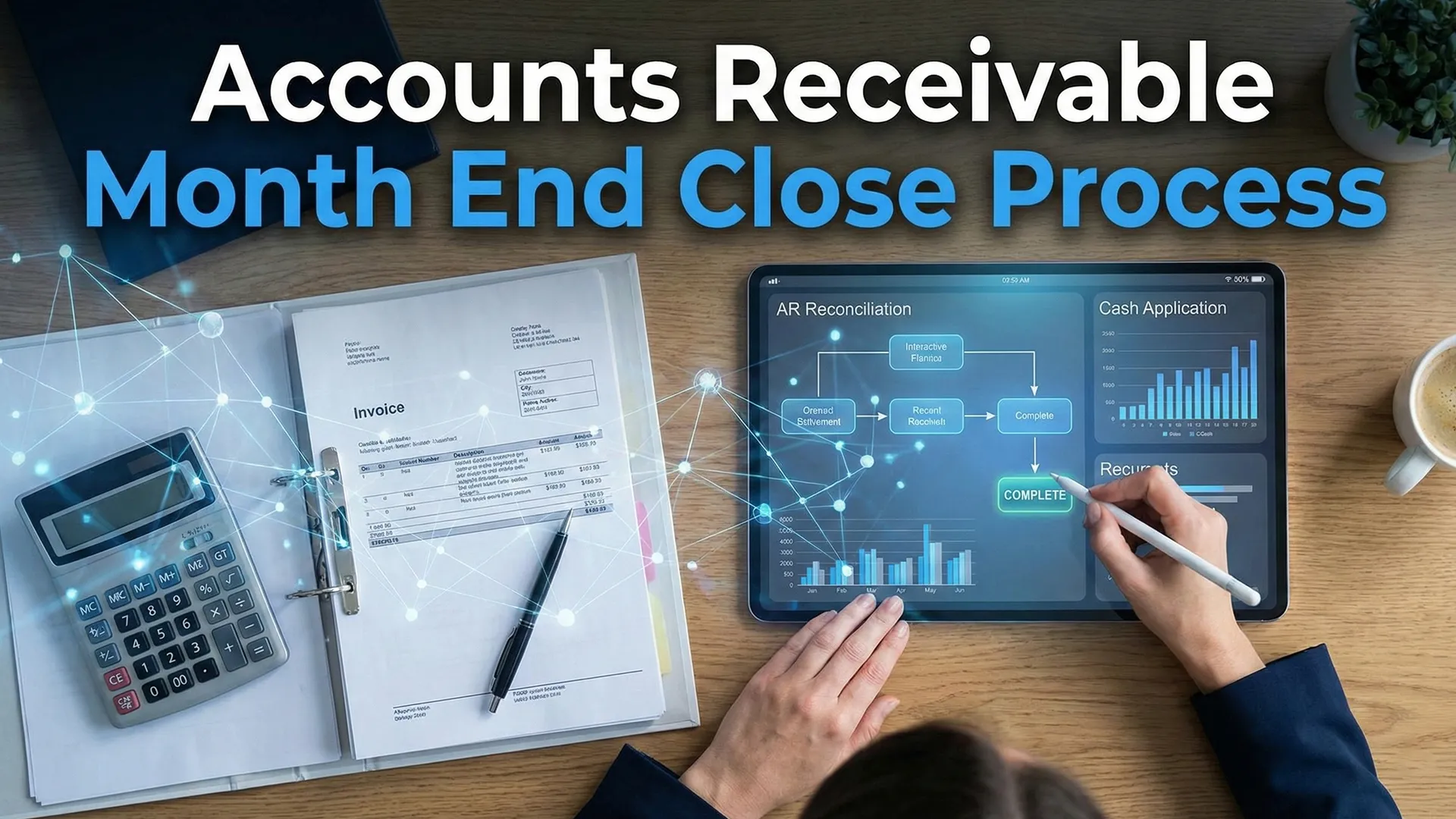How to do accounting for a small business

If you own a small business and want to learn how to handle accounting for it, you've come to the right place. Accounting for small businesses entails keeping detailed records of your spending and income, as well as successfully managing all financial information derived from business activities.
This is one of the most critical chores for small business owners because tracking and managing money becomes more complex as your business grows. Accounting best practices for small businesses not only help you track your company's performance and standings, but they also keep things running smoothly.
How to perform bookkeeping for small businesses
Analyze financial transactions
The practice of good bookkeeping begins with carefully examining financial transactions and entering financial data related to the business. This entails determining the accounts involved in the transactions as well as the nature of the accounts. The goal of financial transaction analysis is to ensure that all business transactions are recorded correctly. In addition, analyzing financial transactions helps you to identify trends and patterns of business performance, which may be used to make smarter business decisions.
Journal entries
In accounting, we record business transactions in journals (also known as books of original entries). The journal entries are recorded in chronological order using a double-entry bookkeeping system. Journal entries are recorded in two accounts: debit and credit. However, there can be various recurring transactions such as sales, purchases, cash receipts, etc. Accountants record them in a special journal to keep things simple. Furthermore, commercial transactions that cannot be recorded in special journals are entered in the general journal.
Ledger
A ledger is often referred to as a book of final entries or a main book of accounts. In the ledger, you can find the collection of accounts that display the changes made to each account based on past transactions, along with the current balances. The ledger is critical in accounting since it keeps a complete record of your company's financial activity. This financial information is used to generate the company's financial statements, such as the balance sheet, income statement, and cash flow statement.
Unadjusted trial balance
In accounting, we prepare trial balances to check if the total of debits equals the total of credits. The accounts are all taken from the ledger and organized in a report. Our purpose is to match the credit balances with the debit balance. If the balances do not match, the trial balance may have errors that must be corrected. Errors can occur even when the debit and credit balances are equal. Omission entries or duplicate transactions can cause these types of errors.
Adjusting entries
Accountants prepare the adjusting entries at the end of the accounting period to update the accounts that are summarized in the financial statements. This could include earnings that have yet to be reported in your accounting books. Adjusting entries are typically made for accrued expenses and income, allowances, depreciation, deferrals, and prepayments.
Adjusted trial balance
Once you have finished correcting entries, you must prepare an adjusting trial balance. We generally do this to ensure that the credits match the debits after adjusting entries have been made. If everything appears to be in order, this data is used to prepare the company's financial statement.
Financial statements
This is the most essential segment of the accounting for small business. Financial statements include income statements, balance sheets, cash flow statements, and statements of shareholder’s equity.
Closing entries
When we are about to enter the new accounting period, we generally close the temporary accounts that are measured periodically. These may include the income, expense, and withdrawal accounts. The balance sheet accounts are called the permanent accounts, so they will remain open for the next accounting cycle.
How to set up a small business accounting system?
These are the basic steps to follow for the small business who want to set up their initial accounting system.
- Open a business bank account
- Choose an accounting method (Cash based or accrual-based)
- Choose an accounting software
- Recording transactions
- Compile a chart of accounts
- Decide your payment terms
Choose the best clean-up and close tool
To avoid legal troubles, small businesses should always keep their books clean and error-free. Keeping your books error-free allows you to make better business decisions based on accurate reports.
Many small businesses use an intelligent cleaning tool like Xenett to accomplish these goals. Xenett assists you in autodetecting errors in your books and in keeping your books error-free at all times. Apart from that, Xenett speeds up the close process, saving you important time during the stressful month-end and year-end close. You can book a demo call to learn more about Xenett.
Key takeaway
Small businesses must establish a solid foundation of accounting from the beginning. Clean and consistent accounting practices not only help businesses stay compliant but also provide them with valuable insights to make informed business decisions. It is recommended to use the right accounting software and clean-up tool to accomplish this.
.webp)
.svg)







